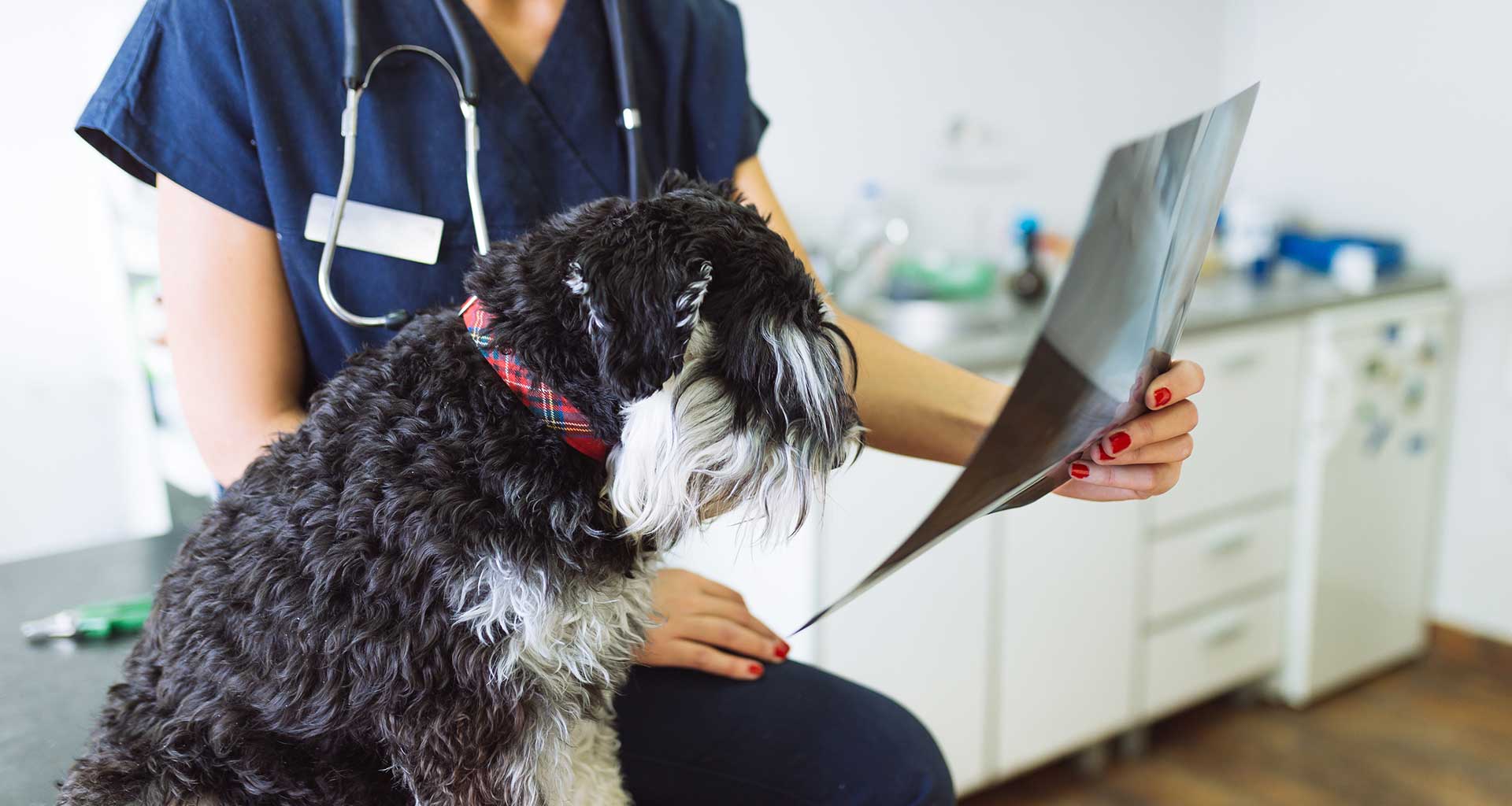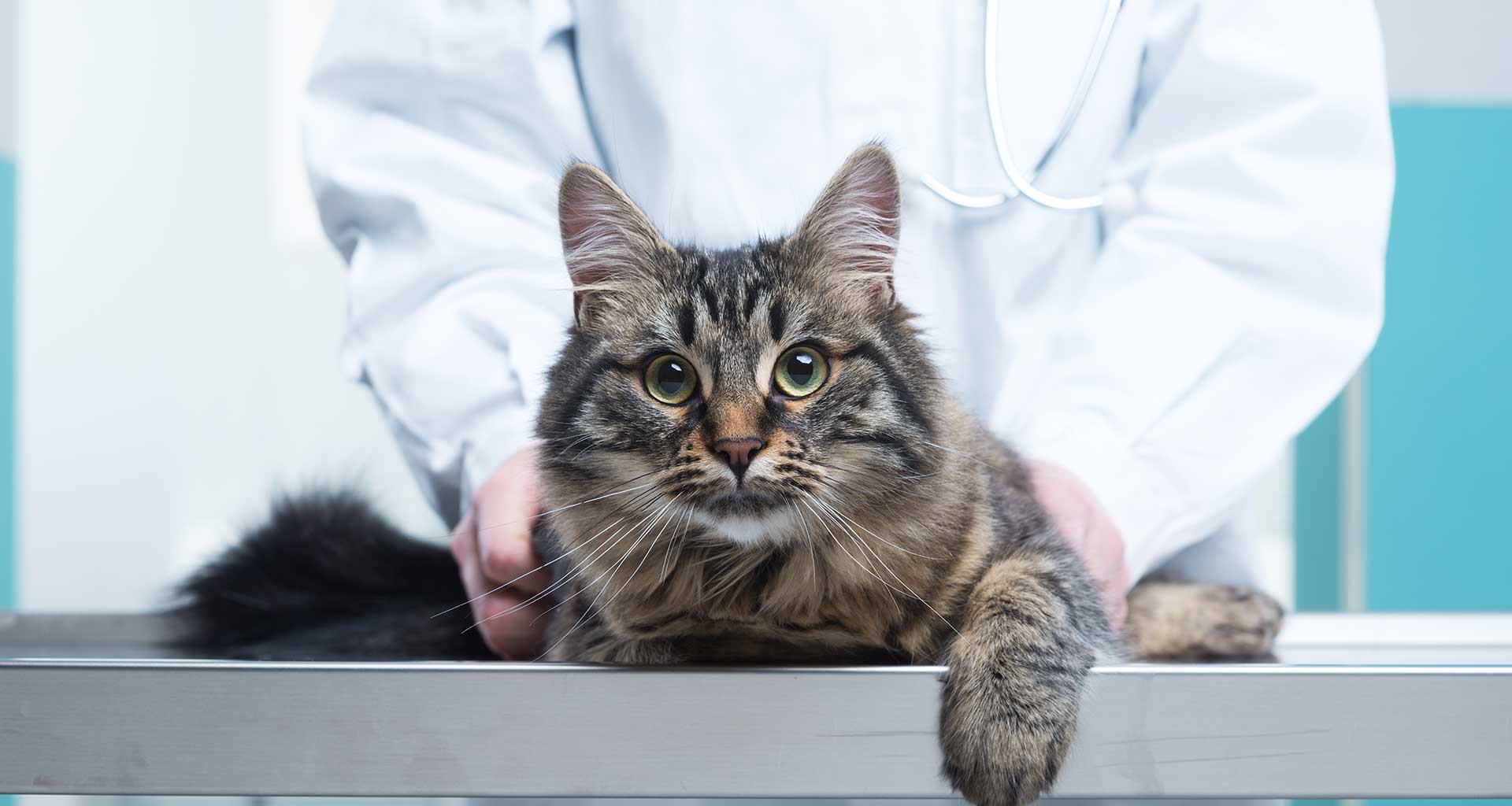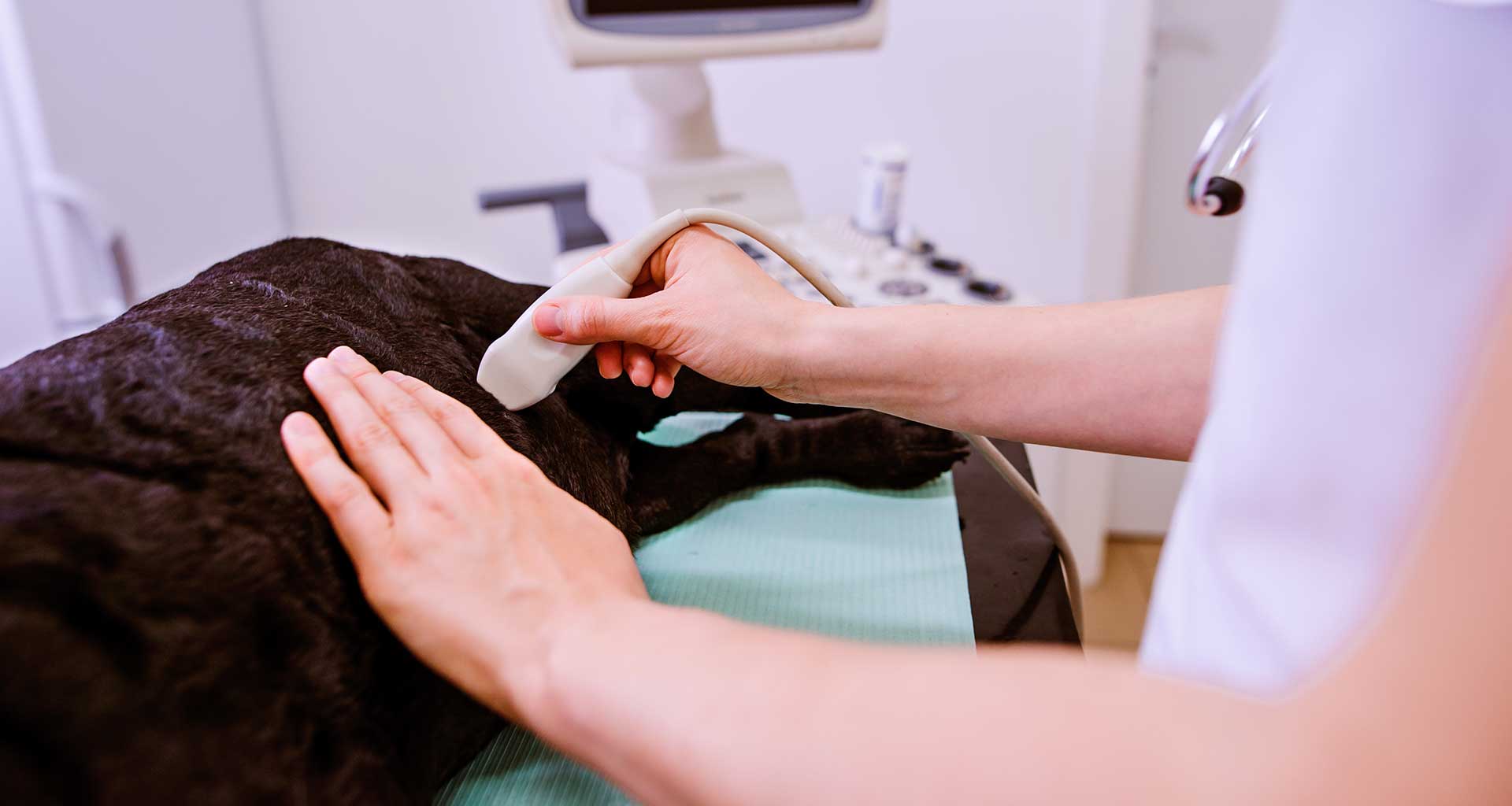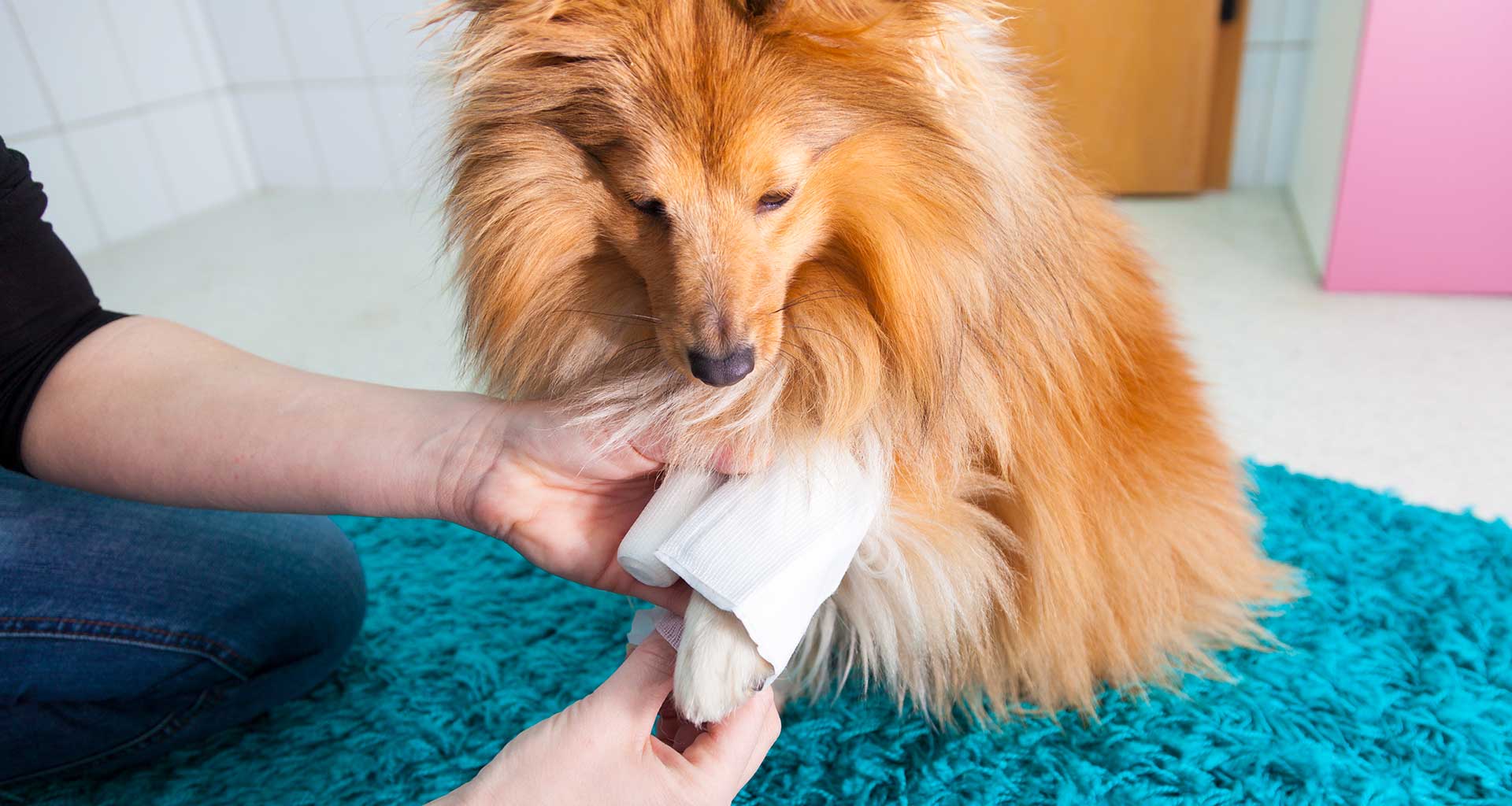Our veterinary team can assist you with education, advice and care to ensure your pet has the happiest and healthiest life possible. We provide a full range of services and medical facilities for the diagnosis and treatment of dogs, cats and other pets. In order to keep informed on best practice therapies and procedures our veterinarians and nursing team regularly attend relevant seminars and education programs.
General vet care such as annual checkups are important for your pet’s health. Your veterinarian is a highly skilled professional who will gather valuable information about your pet just by looking at it from a distance. They can assess things like how your pet walks, its posture, and often gain a picture of its overall health, which is important as pets can’t tell you how they feel like a human can! Sometimes, the vet may need to conduct a thorough physical examination.
During the examination, a typical routine will be for the vet to check your pet’s eyes, ears, mouth, and might also feel its belly or extend its limbs. They’ll also listen to your pet’s heart and breathing. Since animals can’t communicate through words, these examinations are crucial for the vet to understand what might be wrong with your pet.
When a vet is interacting with your pet, they are constantly gathering information, and the more they learn through these examinations, the better they can diagnose and treat any potential health issues your pet may have.
What is good ‘general pet care’ will be different based on you pets species, breed, age and existing conditions. If you have any questions please reach out to our team, we are here to help you and your wonderful pets.






